Informationen zum Buch
Home » Publications » Growing Up in Diaspora – Education and Family of East African Refugees in Germany
Growing Up in Diaspora – Education and Family of East African Refugees in Germany
Erscheinungsdatum : 13.10.2025
38,99 € - 39,00 €
Beschreibung
This book centers on the life experiences of young East African refugees in Germany. Situated at the intersection of migration and transition research, it depicts an extensive picture of how young refugees cope with challenges related to educational and occupational participation. How do they maintain transnational familyhood amidst the institutionalized discrimination in the receiving society? The author portraits different ways of coping with transition imperatives, showing how young refugees shape their biographical trajectories with the sociocultural as well as biographical resources they have.
In light of the growing population of refugees and asylum-seekers in Germany and continuous discussions on migrant policies, this book is devoted to research on refugees in Germany. With a focus on life experiences of young East African refugees who left their homes as minors or young adults, crossed geographical and political borders, and resettled in Germany, it is located in the intersection of migration research and transition research. Utilizing a combination of biographical and reflexive transition research, this work paints a comprehensive picture of how young migrants navigate challenges related to educational and occupational participation while sustaining transnational family ties amidst systemic discrimination and marginalization in the receiving society.
While the concept „double transitions“ was introduced as a starting point to observe and grasp the process of young East African refugees becoming adults throughout the process of migration, in the analysis it becomes clear that transition into adulthood and transition in migration are not two defined and separated fields; rather, different dimensions of transitions are interrelated and reciprocally constituted. This work thus uses the concept „relational transitions“ to describe young refugees’ experiences related to adulthood and migration, highlighting the interconnection of different transition dimensions, the transnational time and space, and the interpersonal relations that characterize linked lives and joint transitions.
By focusing on the „doings“ in transitions, this work portraits different ways of how young refugees cope with transition imperatives and challenges, and shape their biographical trajectories with the sociocultural as well as biographical resources they have. It asserts that although refugees are confronted with all sorts of hindrances and discrimination, they are able to make use of their biographical resources accumulated through formal and informal learning in their past experiences. They are able to respond to systemic hurdles of education and the imperative of integration with creative educational aspirations and practices, family supports and the own biographical resources. It is due to the creative responses that vulnerability is not consolidated and absolute, but appears in the dialectic dynamics with resilience. Therefore, the focus of „doing“, such as in the aspect of „doing agency“ and „doing optimism“, appear to be a key to understanding the coping modes of young refugees in their experience of growing up in diaspora.
The author:
Miaojun She, is a researcher at the Institute for Applied Family, Childhood and Youth Research, University of Potsdam, Germany.
The subject:
Education
Zusätzliche Informationen
| Publisher | |
|---|---|
| ISBN | 978-3-8474-3065-0 |
| eISBN | 978-3-8474-1999-0 |
| Format | 14,8 x 21,0 cm |
| Scope | 264 |
| Year of publication | 2025 |
| Date of publication | 13.10.2025 |
| Edition | 1. |
| Language | Englisch |
| Series | |
| Volume | 14 |
Additional Material
Autor*innen
Beschreibung
Beschreibung
This book centers on the life experiences of young East African refugees in Germany. Situated at the intersection of migration and transition research, it depicts an extensive picture of how young refugees cope with challenges related to educational and occupational participation. How do they maintain transnational familyhood amidst the institutionalized discrimination in the receiving society? The author portraits different ways of coping with transition imperatives, showing how young refugees shape their biographical trajectories with the sociocultural as well as biographical resources they have.
In light of the growing population of refugees and asylum-seekers in Germany and continuous discussions on migrant policies, this book is devoted to research on refugees in Germany. With a focus on life experiences of young East African refugees who left their homes as minors or young adults, crossed geographical and political borders, and resettled in Germany, it is located in the intersection of migration research and transition research. Utilizing a combination of biographical and reflexive transition research, this work paints a comprehensive picture of how young migrants navigate challenges related to educational and occupational participation while sustaining transnational family ties amidst systemic discrimination and marginalization in the receiving society.
While the concept „double transitions“ was introduced as a starting point to observe and grasp the process of young East African refugees becoming adults throughout the process of migration, in the analysis it becomes clear that transition into adulthood and transition in migration are not two defined and separated fields; rather, different dimensions of transitions are interrelated and reciprocally constituted. This work thus uses the concept „relational transitions“ to describe young refugees’ experiences related to adulthood and migration, highlighting the interconnection of different transition dimensions, the transnational time and space, and the interpersonal relations that characterize linked lives and joint transitions.
By focusing on the „doings“ in transitions, this work portraits different ways of how young refugees cope with transition imperatives and challenges, and shape their biographical trajectories with the sociocultural as well as biographical resources they have. It asserts that although refugees are confronted with all sorts of hindrances and discrimination, they are able to make use of their biographical resources accumulated through formal and informal learning in their past experiences. They are able to respond to systemic hurdles of education and the imperative of integration with creative educational aspirations and practices, family supports and the own biographical resources. It is due to the creative responses that vulnerability is not consolidated and absolute, but appears in the dialectic dynamics with resilience. Therefore, the focus of „doing“, such as in the aspect of „doing agency“ and „doing optimism“, appear to be a key to understanding the coping modes of young refugees in their experience of growing up in diaspora.
The author:
Miaojun She, is a researcher at the Institute for Applied Family, Childhood and Youth Research, University of Potsdam, Germany.
The subject:
Education
Bibliography
Zusätzliche Informationen
| Publisher | |
|---|---|
| ISBN | 978-3-8474-3065-0 |
| eISBN | 978-3-8474-1999-0 |
| Format | 14,8 x 21,0 cm |
| Scope | 264 |
| Year of publication | 2025 |
| Date of publication | 13.10.2025 |
| Edition | 1. |
| Language | Englisch |
| Series | |
| Volume | 14 |
Produktsicherheit
Additional Material
Additional Material
Bewertungen (0)
Bewertungen
Es gibt noch keine Bewertungen.


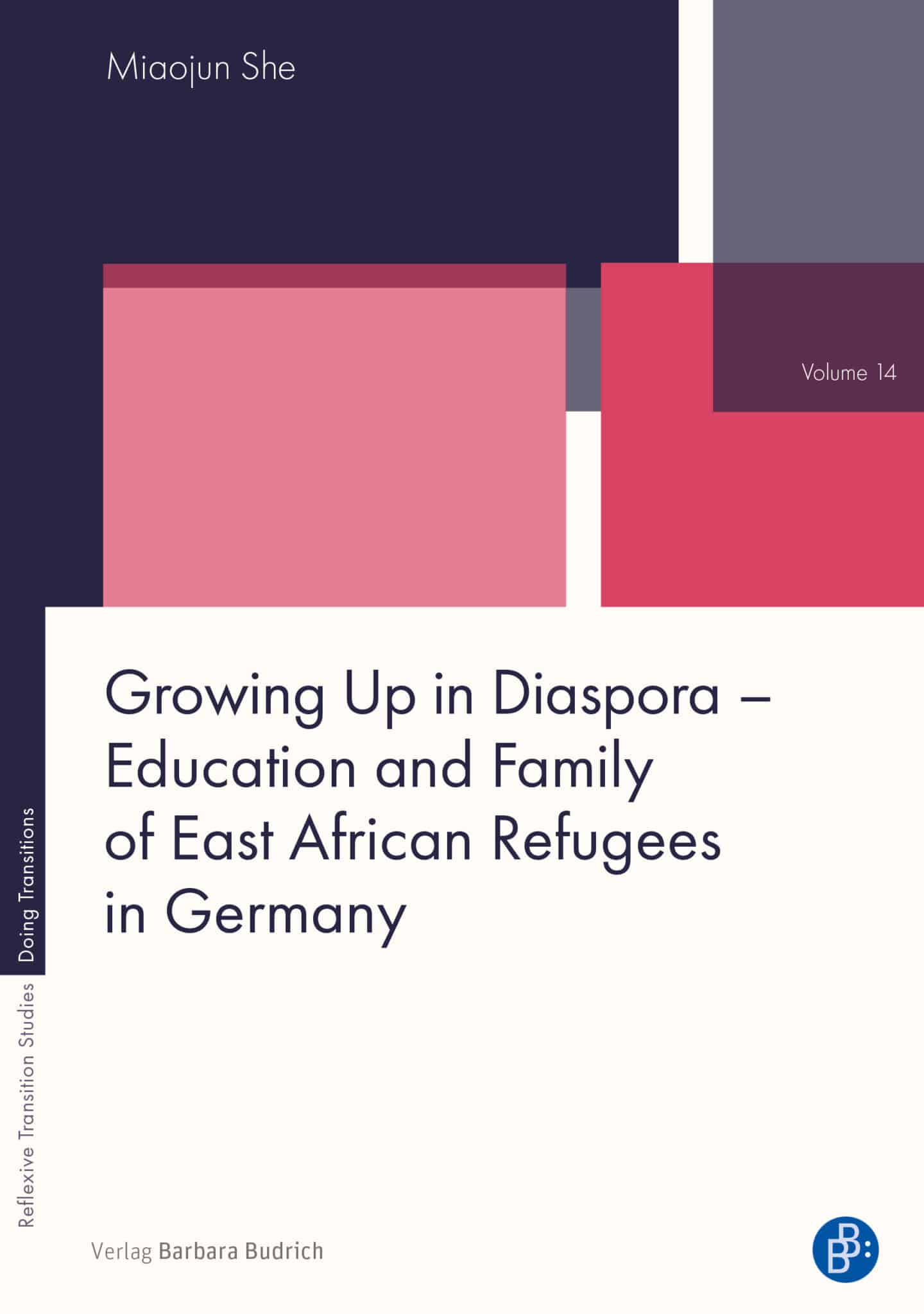


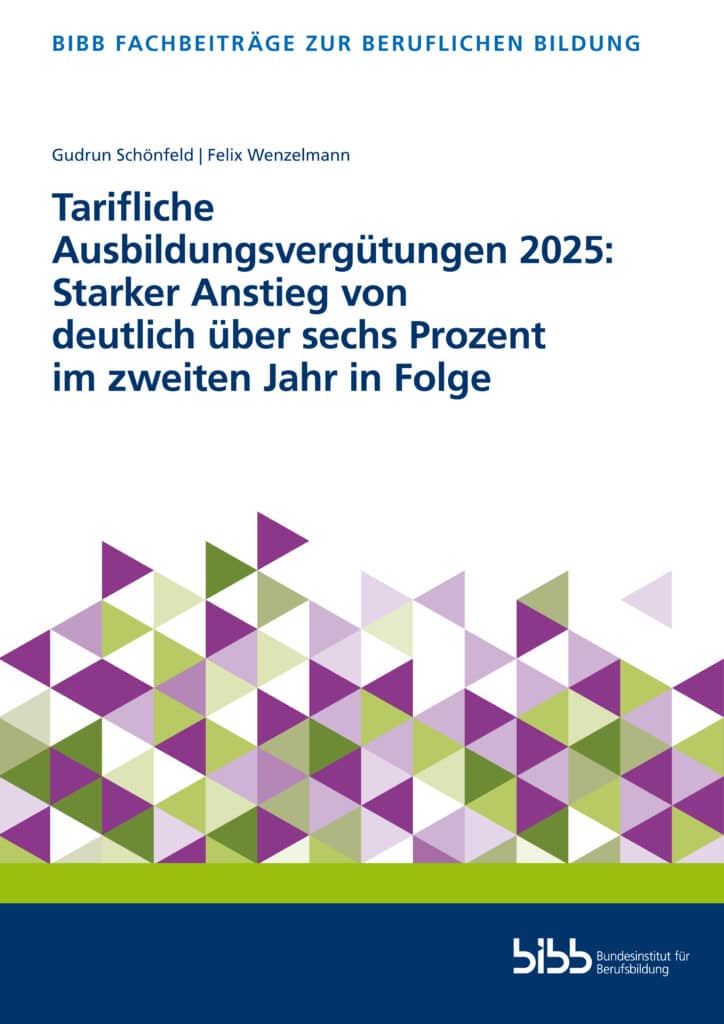
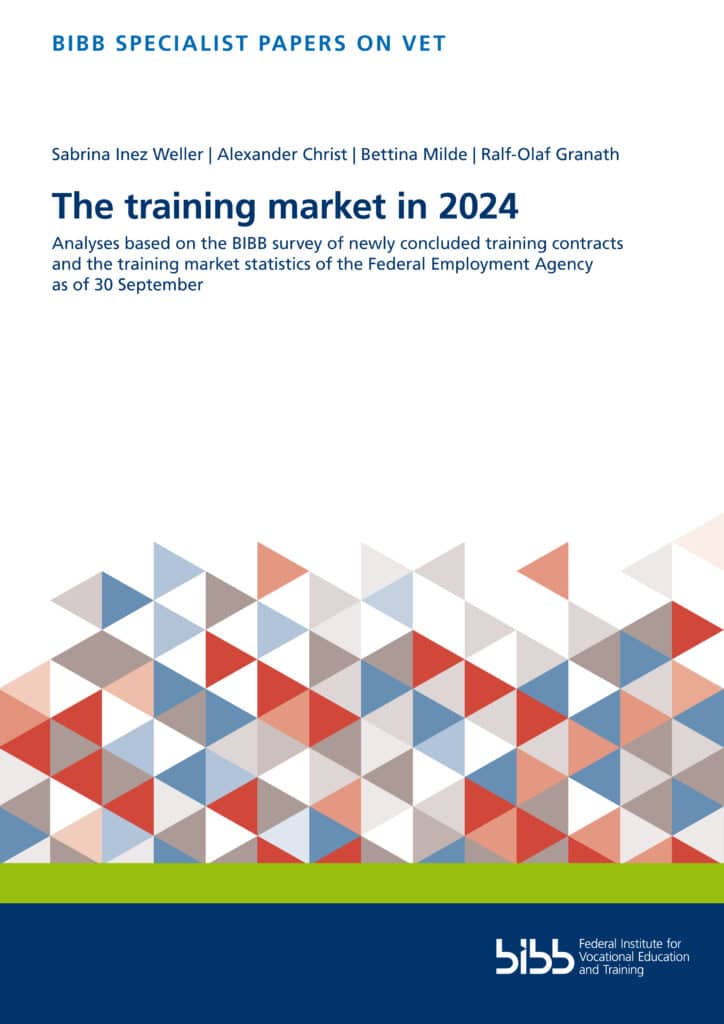
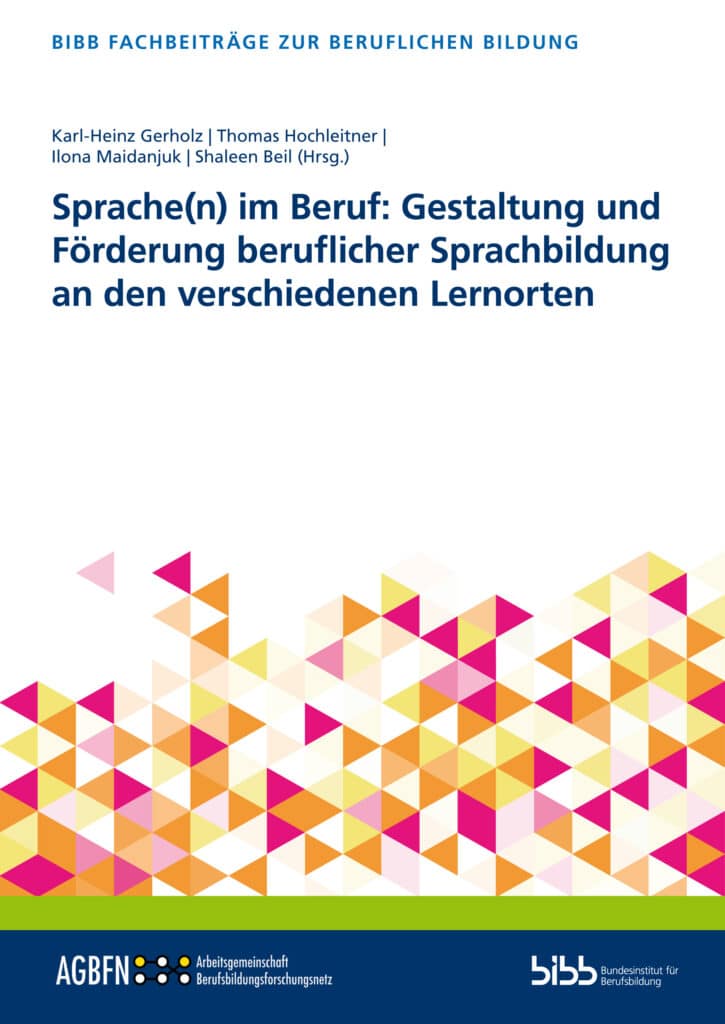
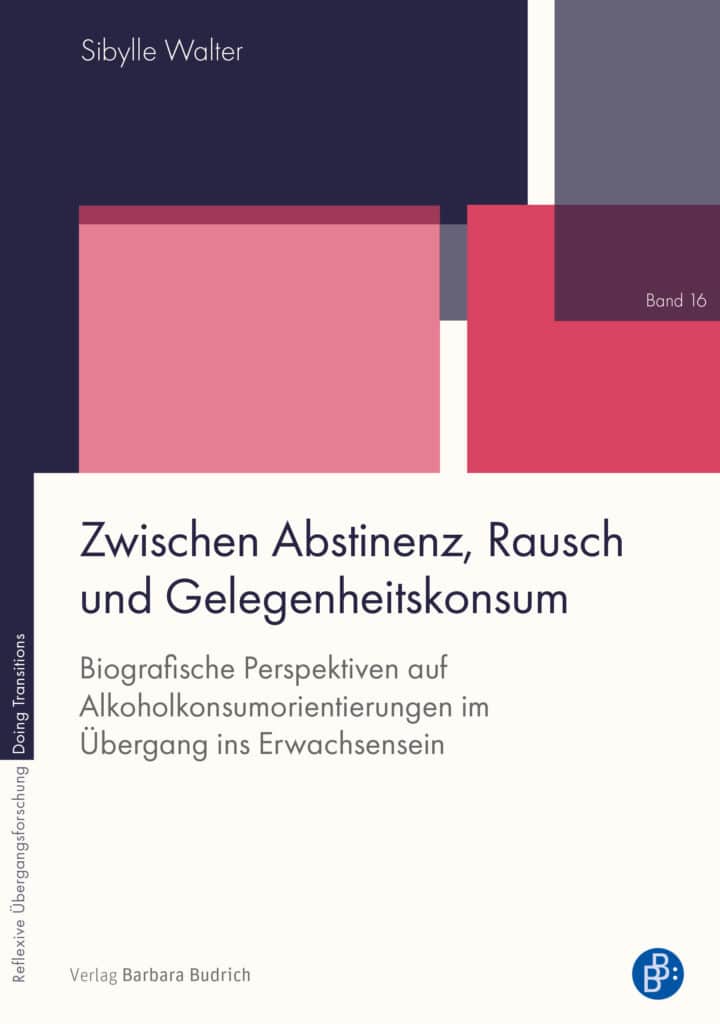
Bewertungen
Es gibt noch keine Bewertungen.